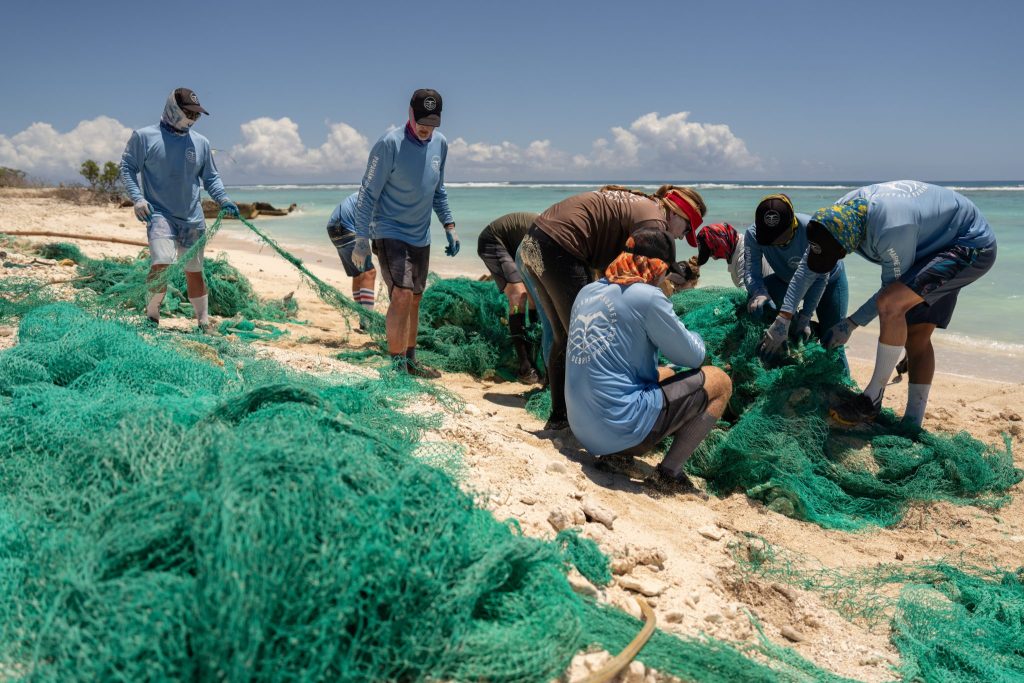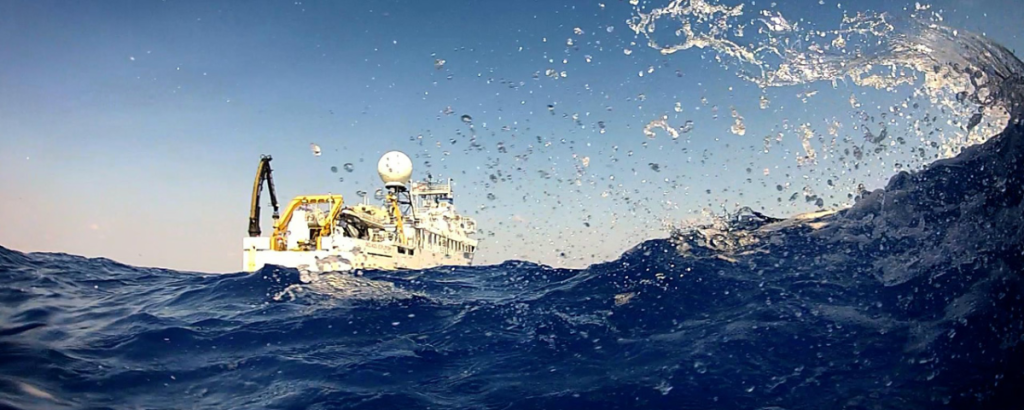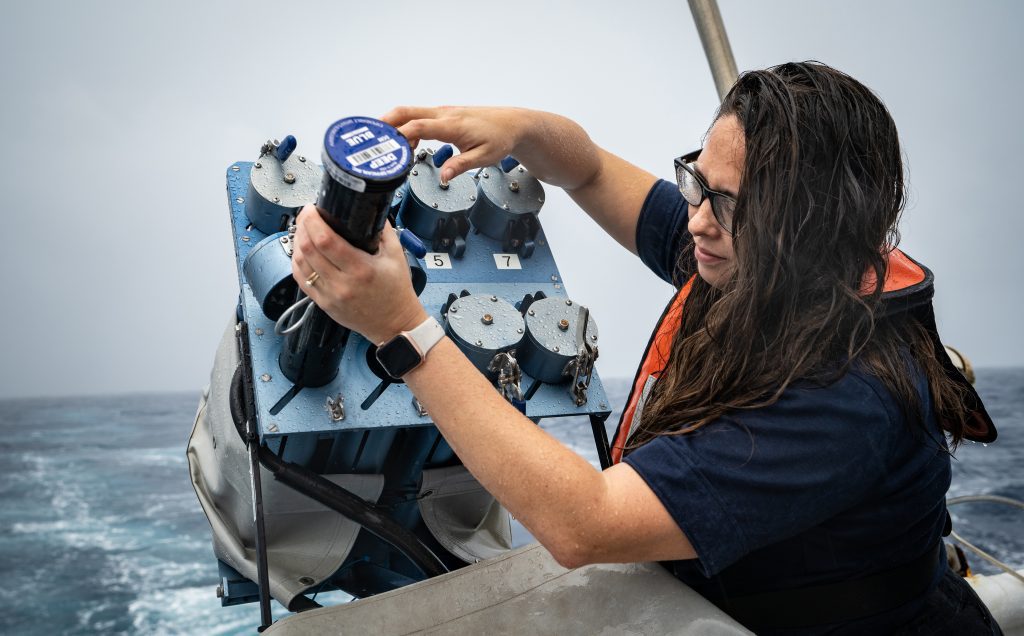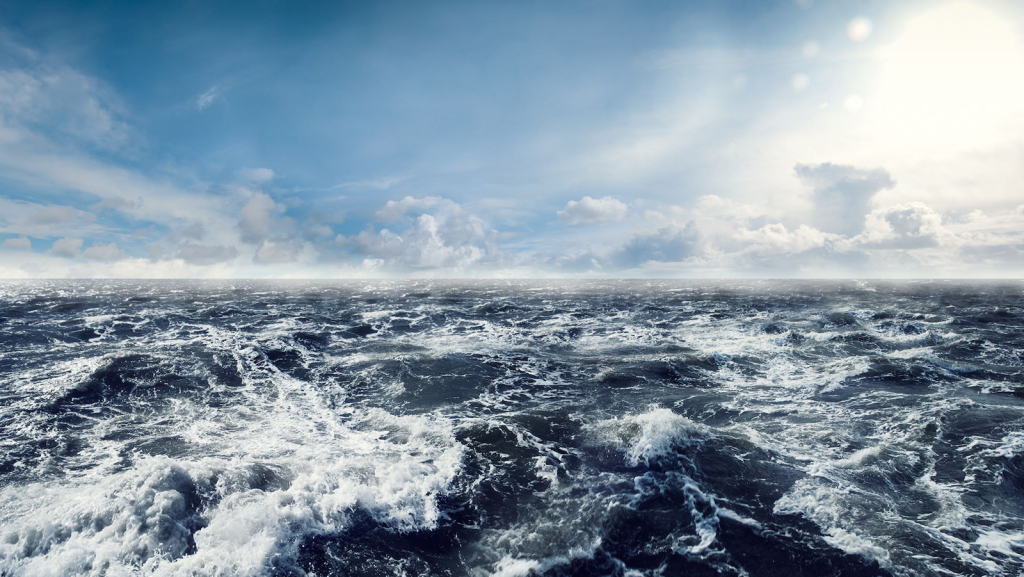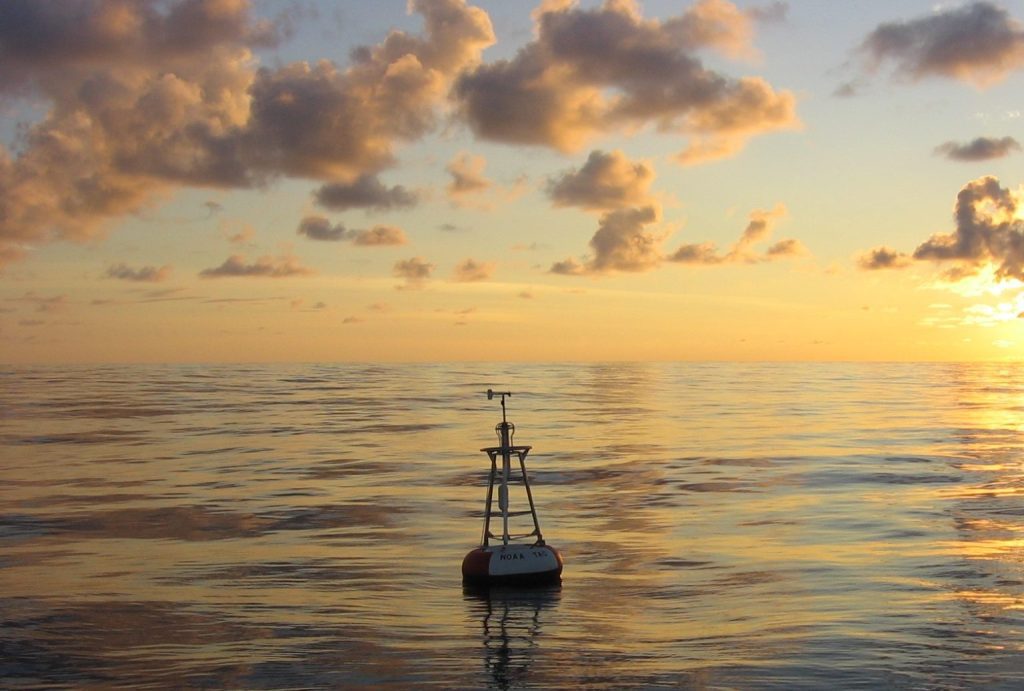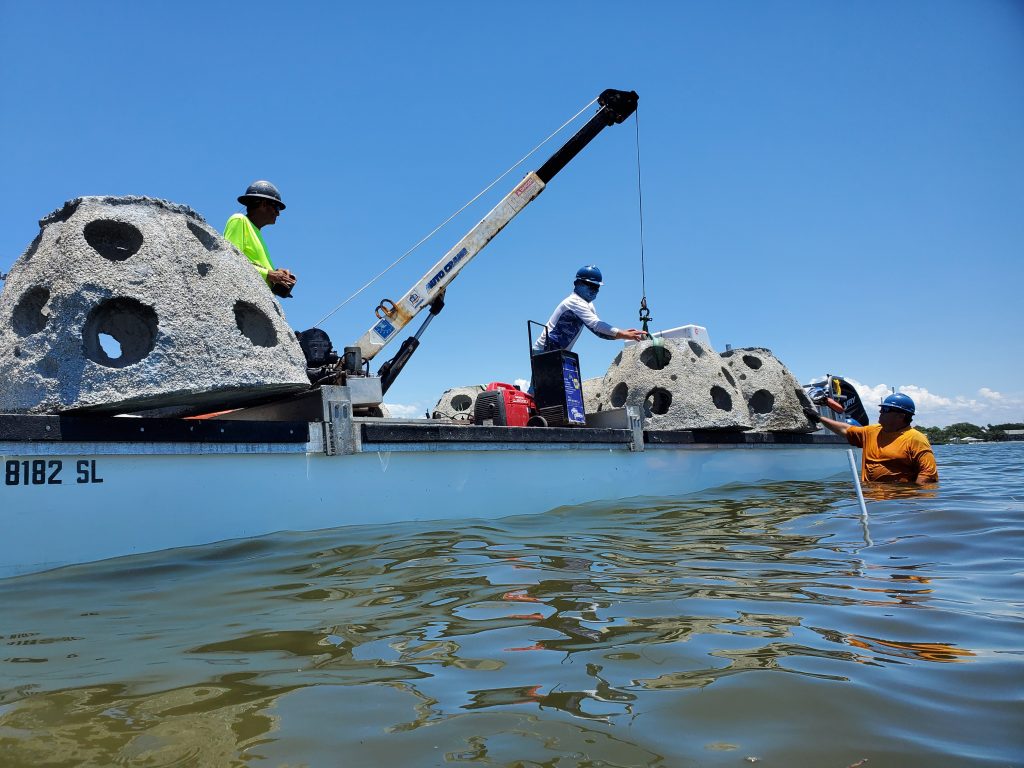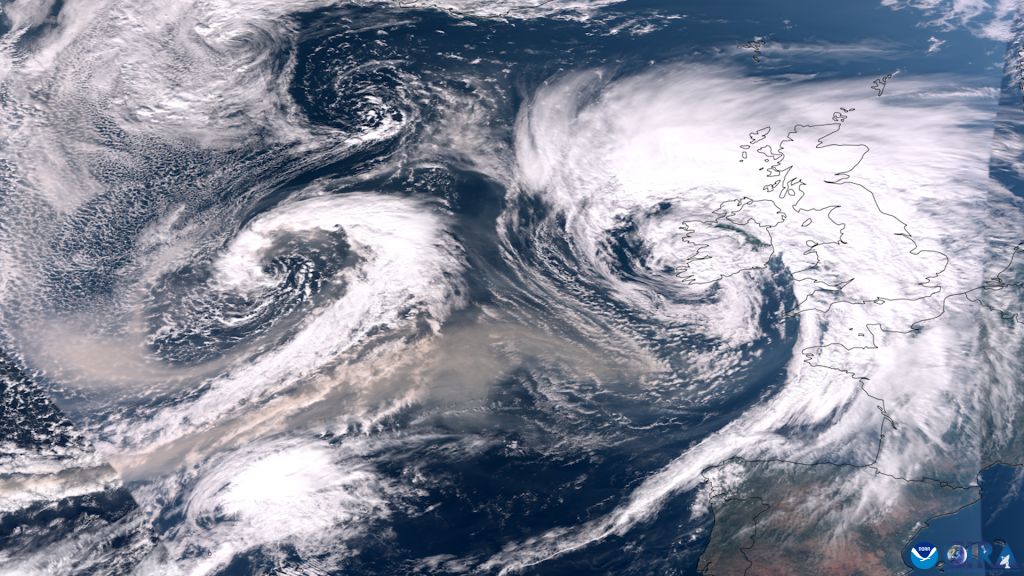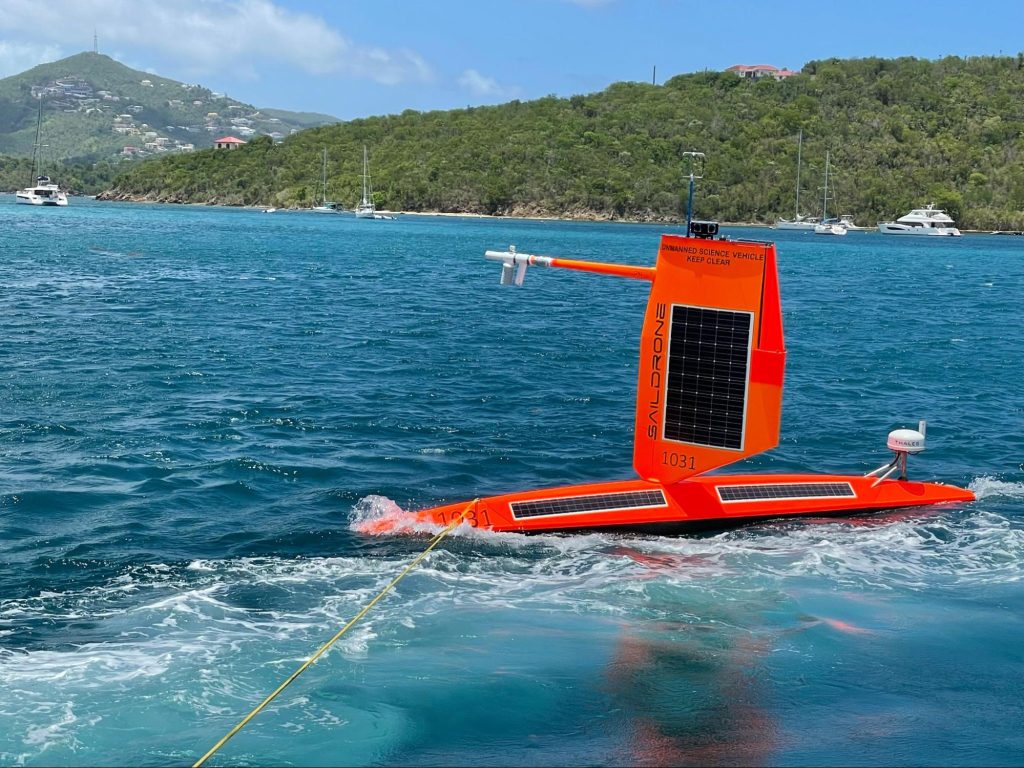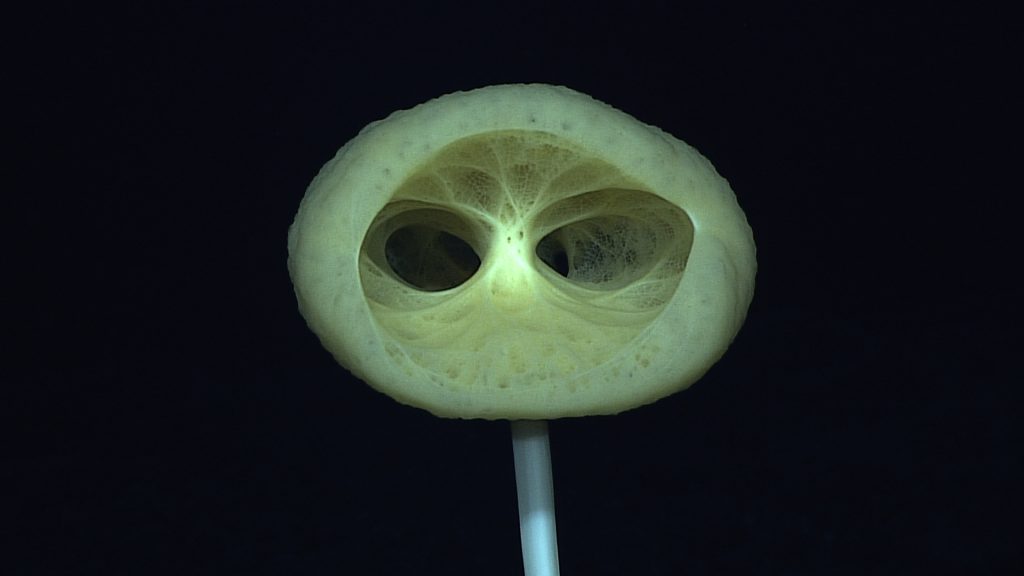Biden-Harris administration invests $27 million to support community-driven marine debris solutions through Investing in America agenda
The Department of Commerce and NOAA announced $27 million in funding for projects to prevent and remove marine debris in coastal and Great Lakes communities as part of President Biden’s Investing in America agenda, under the Bipartisan Infrastructure Law.
